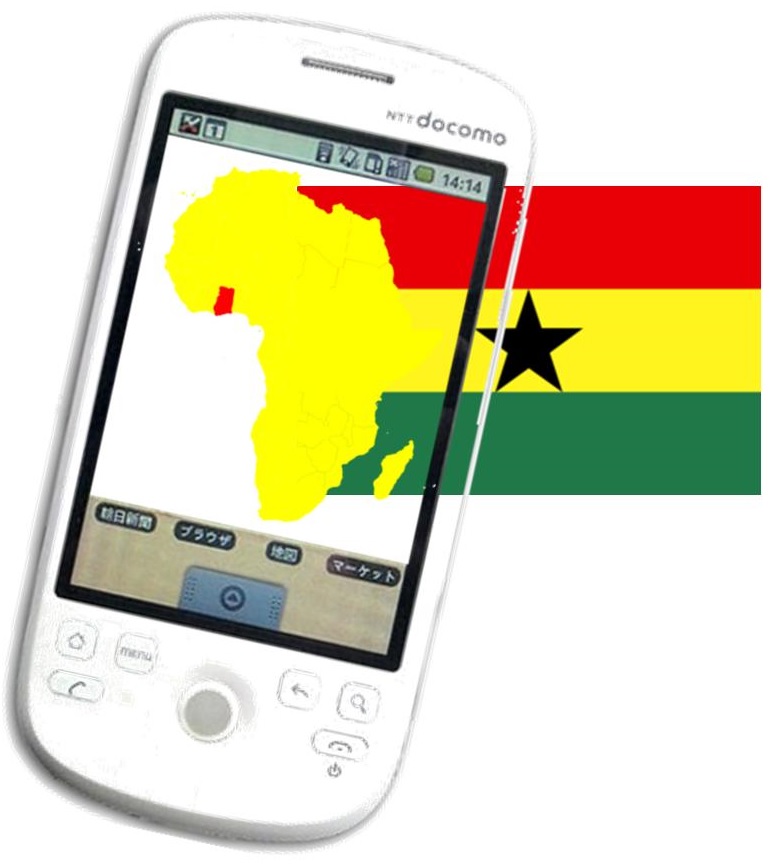Security could derail mobile payments in Ghana
Mobile payments have been gaining strong attention all over the world. As consumers become more heavily reliant on their smartphones and tablets, their interest in a cashless society grows. Such is the case in the African country of Ghana. More consumers in Ghana are gaining access to mobile technology and the government has been fostering a dream of a cashless economy that it has expected to see come to fruition in the near future. Mobile payments make a home in a perilous landscape, however, and the digital world contains threats that could derail Ghana’s dream economy.
Mobile security systems are still very lax
As mobile payments become more common in Ghana, so too does hacking and fraud. Internet fraud is quite active in Ghana; somewhat more so than in other African countries. Government officials have not yet found a way to curb this fraud or mitigate the damage that can be caused by hackers and these threats have stymied the growth of mobile commerce throughout the country. Major security issues may indeed prevent Ghana from attaining its dream of a cashless economy.
 Developing a cashless economy proves challenging
Developing a cashless economy proves challenging
In order to develop a new and comprehensive monetary system, Ghana will have to find a way to make mobile payments secure. This is no small task, as security remains a major problem even for countries like the U.S. and China when it comes to the issue of mobile payments. Even large companies like Google and Samsung have yet to find a way to make mobile payments completely secure. The threats that exist in the digital space have not yet become enough to deter consumers, however, many of whom are willing to participate in mobile commerce regardless of the risks they face.
Cash holds an important place with many businesses
Security issues are not the only challenge that Ghana faces in its hopes of establishing a cashless economy. There is currently a large volume of currency in circulation throughout the country, which makes the transition away from cash somewhat difficult. Moreover, physical currency plays a big role in many aspects of business in the country. Some small businesses will only accept payments that are made with cash and refuse to embrace mobile payments in any way whatsoever.

 According to one recent report, the company has been maintaining a price estimate of $22 for the stock, and that is currently riding around 20 percent above the market price where it currently stands. U.K. regulators have raised concerns about the banking industry’s capital shortfalls in light of the impact that the European region’s slowdown among banking institutions. That could help to explain the price difference that has been observed.
According to one recent report, the company has been maintaining a price estimate of $22 for the stock, and that is currently riding around 20 percent above the market price where it currently stands. U.K. regulators have raised concerns about the banking industry’s capital shortfalls in light of the impact that the European region’s slowdown among banking institutions. That could help to explain the price difference that has been observed.